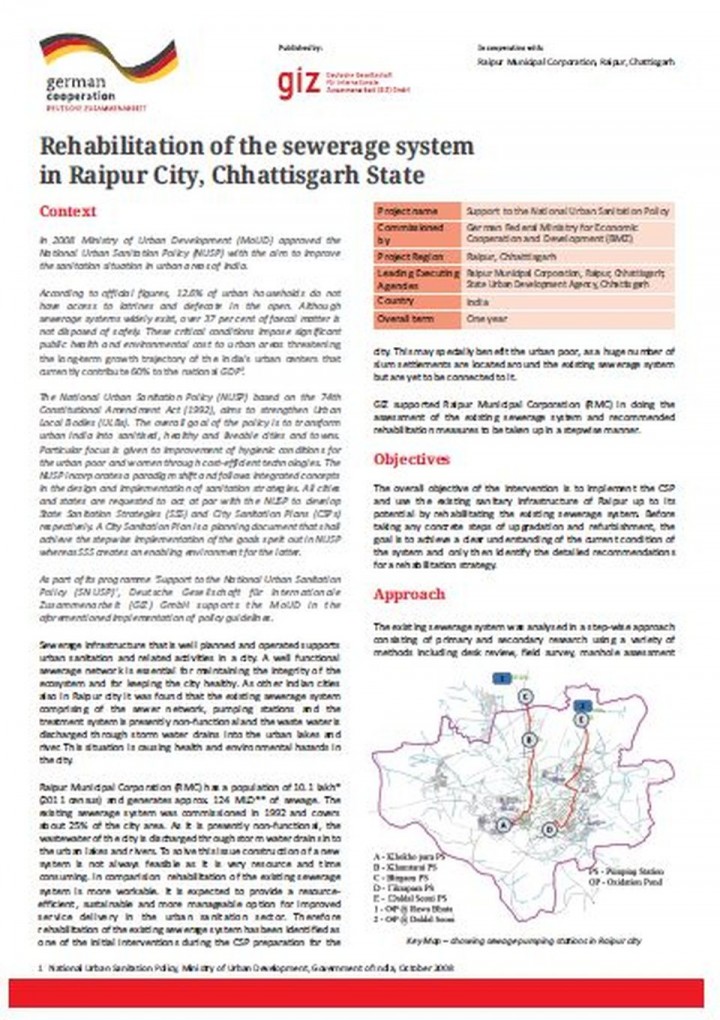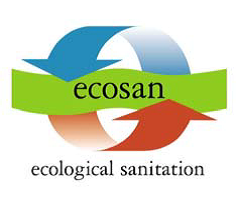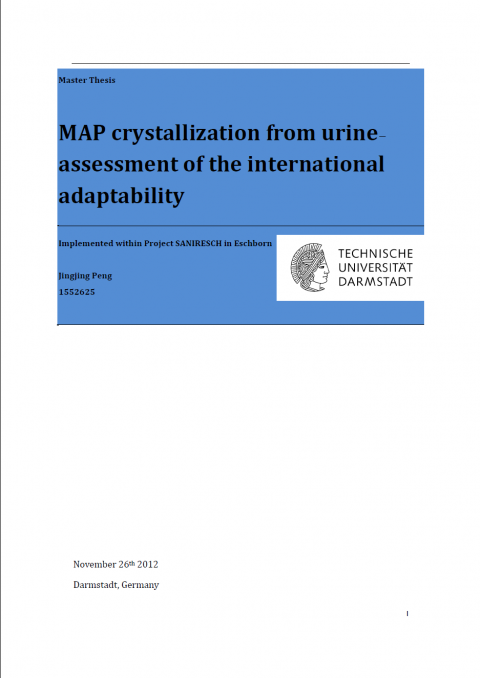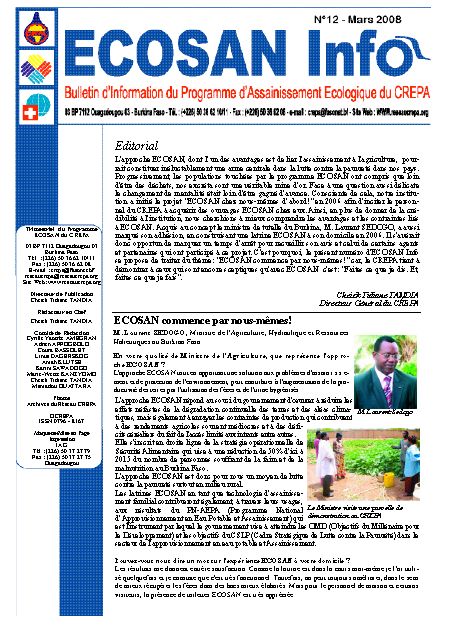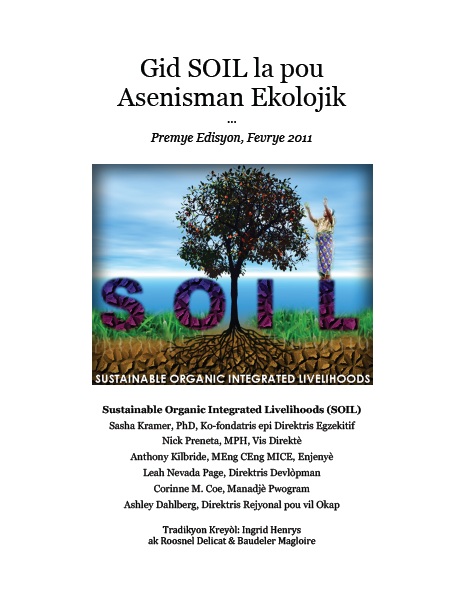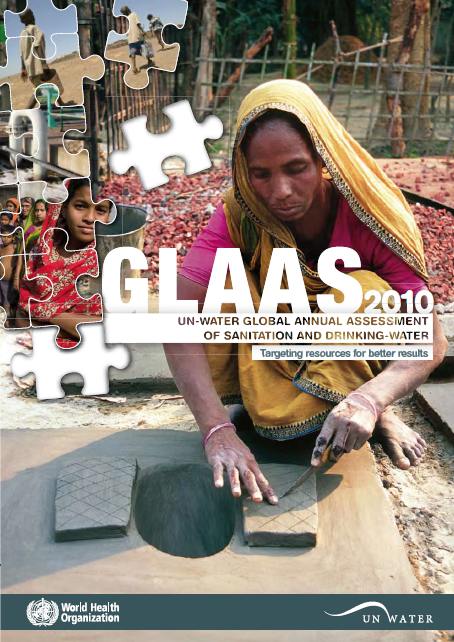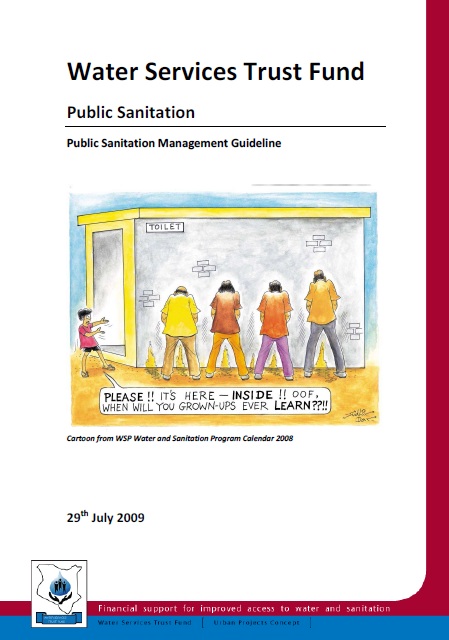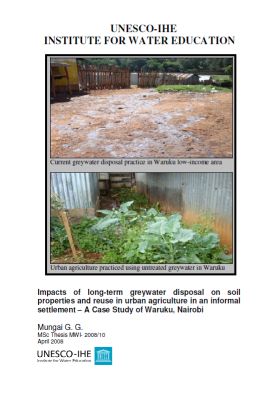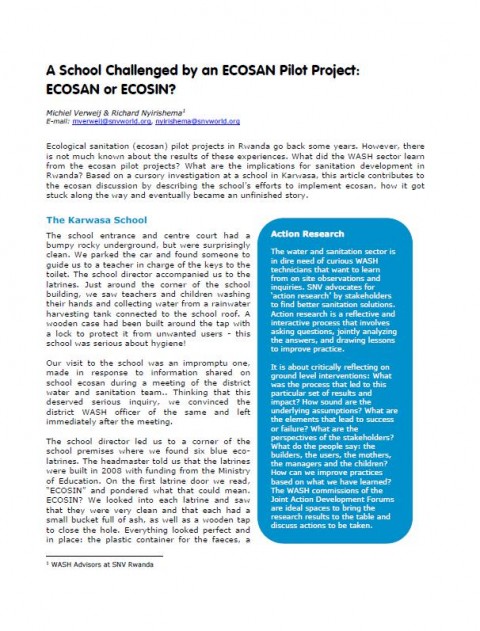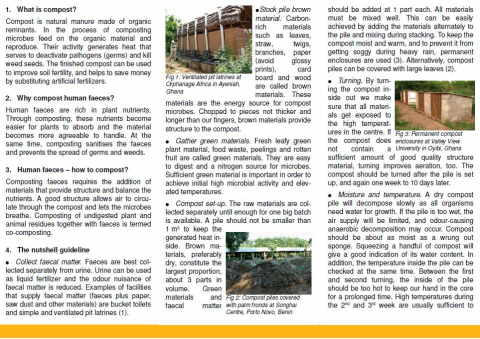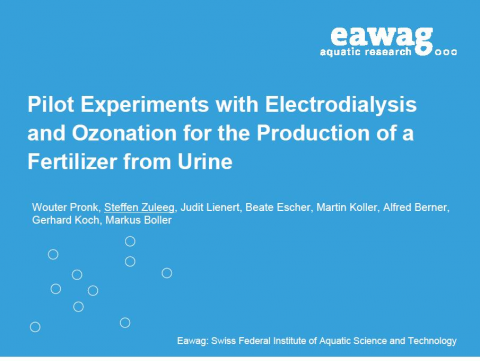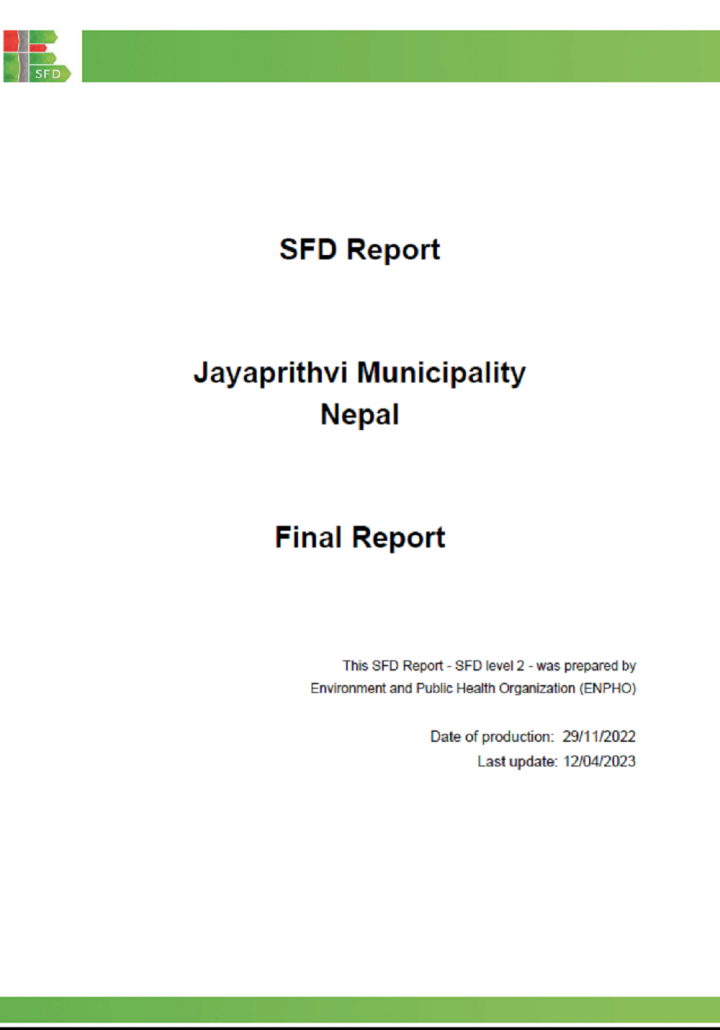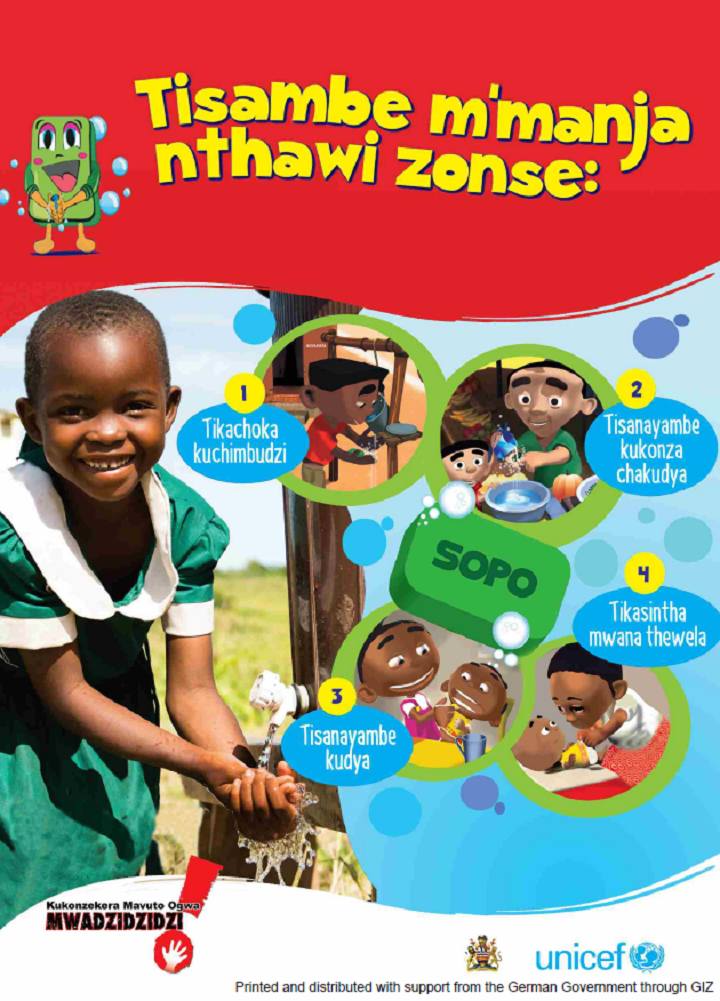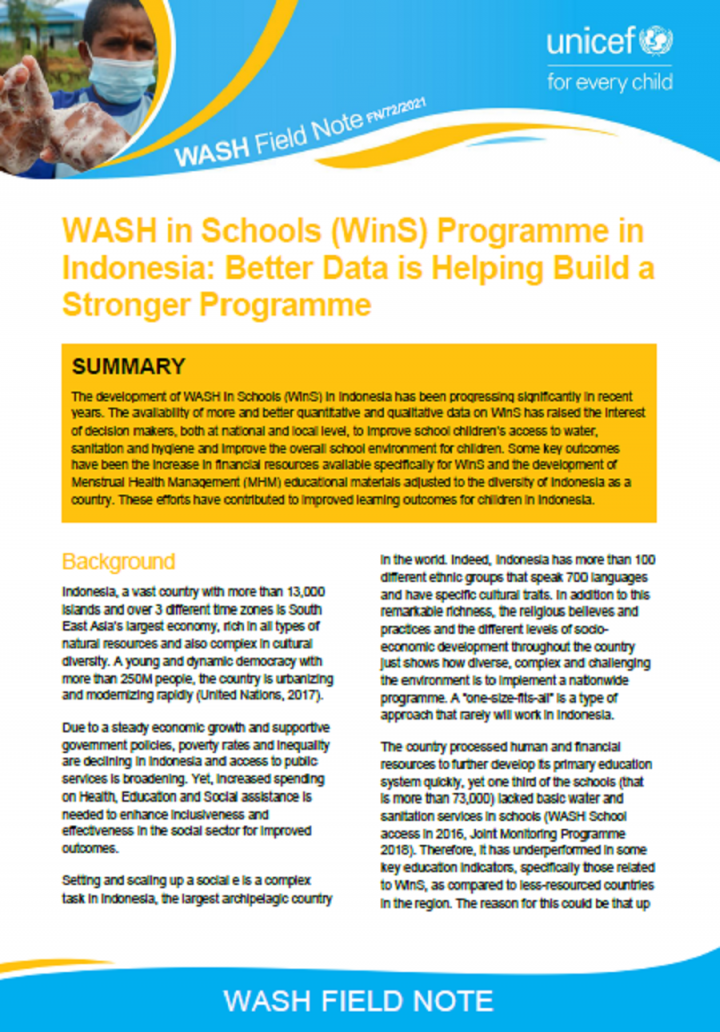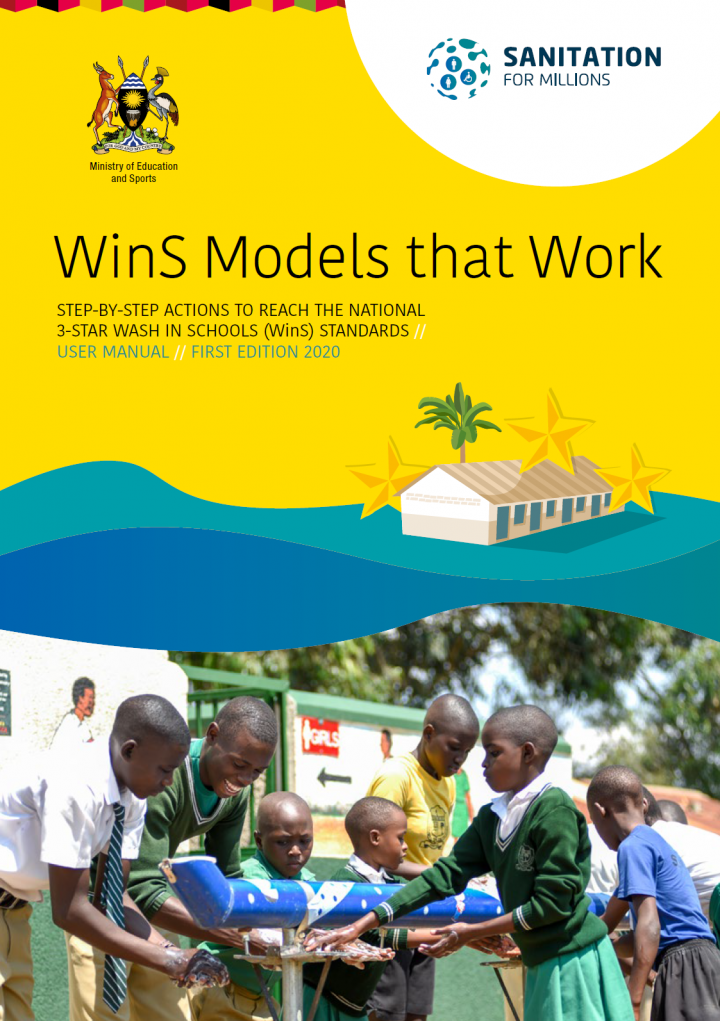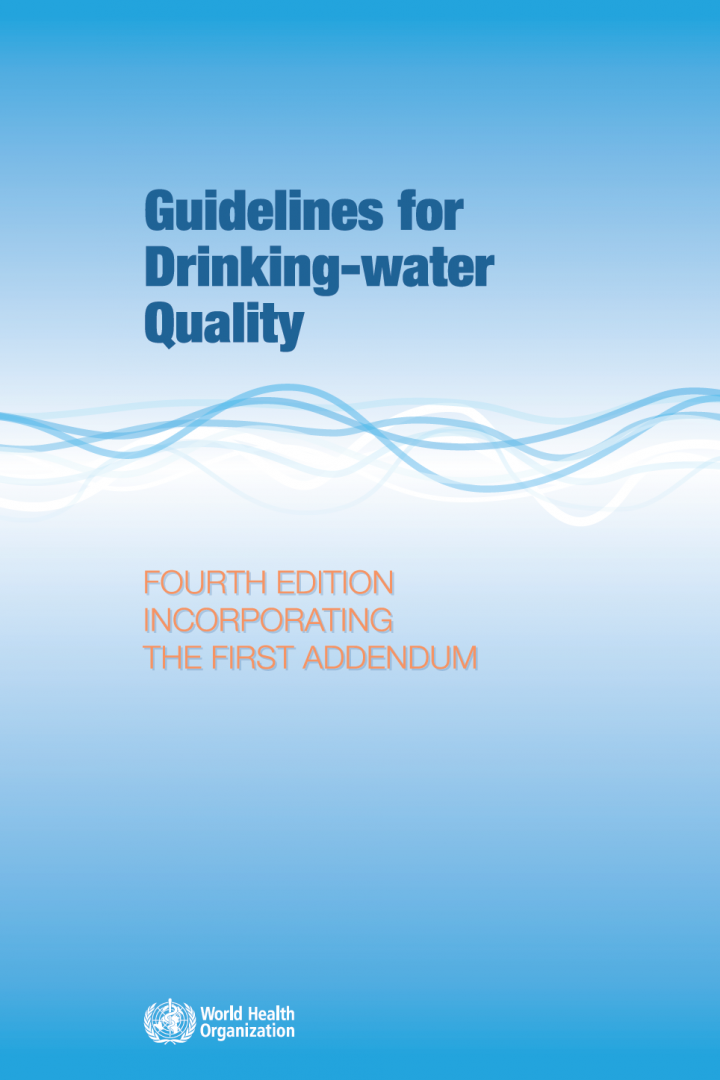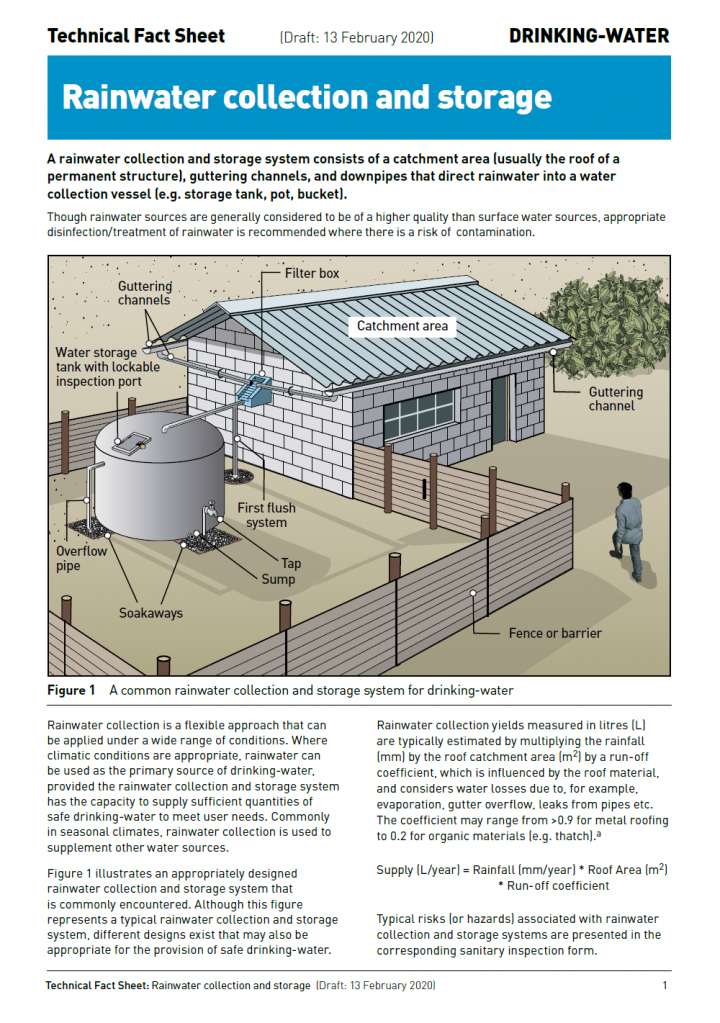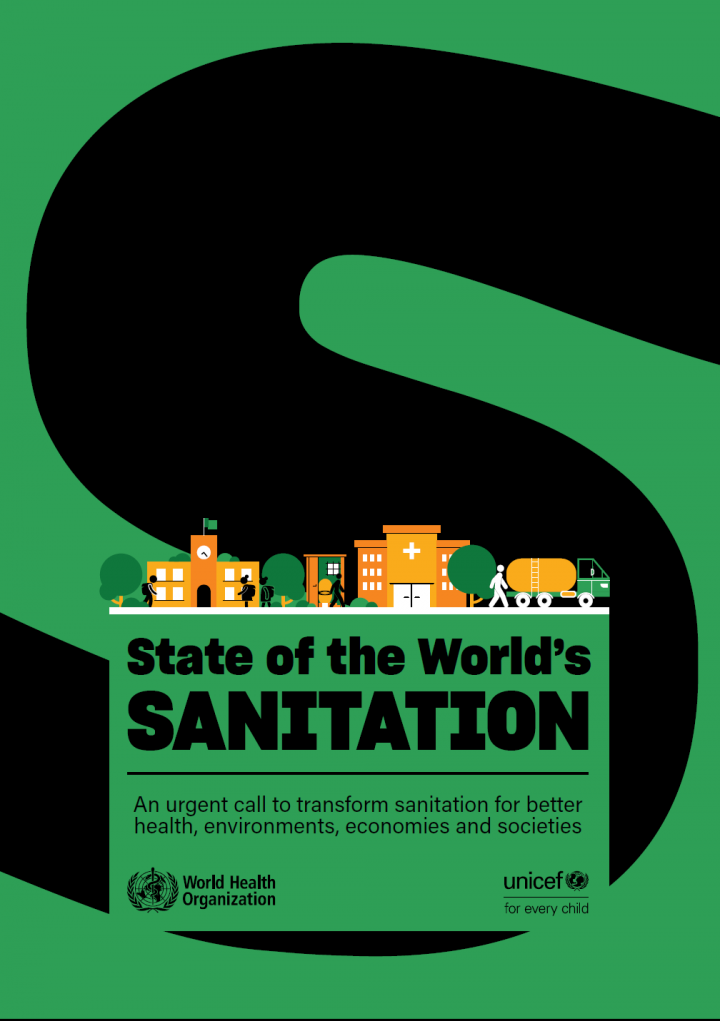Searching for information on Sanitation Workers?
The Sanitation Workers Knowledge + Learning Hub is the best source for all current news, trends, articles and updates on sanitation workers rights around the world.
Jayaprithvi Municipality is situated in the hilly region of the southeast of Bajhang District, which is situated in the northern region of Nepal's far western. The former Rithapata, Chainpur, Hemantabada, Luyanta, and Subeda Village Development Committees were merged to form this municipality on 10th March 2017. The municipality is divided into eleven political wards. The municipality has a total …
The development of WASH in Schools (WinS) in Indonesia has been progressing significantly in recent years. The availability of more and better quantitative and qualitative data on WinS has raised the interest of decision makers, both at national and local level, to improve school children’s access to water, sanitation and hygiene and improve the overall school environment for children. Some key …
Government reports from 2016 and 2017 identified that Ugandan schools are not meeting the national standards for water, sanitation and hygiene (WASH) in schools (WinS). For this reason, in 2017, the Ministry of Education and Sports adopted the Three Star Approach for WASH in Schools. The Three Star Approach (TSA) was developed by GIZ and UNICEF and has been implemented in countries around the …
The fourth edition of the World Health Organization’s (WHO) Guidelines for drinking-water quality (GDWQ) builds on over 50 years of guidance by WHO on drinking-water quality, which has formed an authoritative basis for the setting of national regulations and standards for water safety in support of public health.
It is the product of significant revisions to clarify and elaborate on ways of …
This sanitary inspection package for a rainwater collection and storage contains:
1. Sanitary inspection form
Checklist of observational questions to support the identification of risk factors and prompt corrective action.
2. Technical fact sheet
Basic technical information to support the completion of the sanitary inspection form.
3. Management advice sheet
Operations and maintenance …
The world is alarmingly off-track to deliver sanitation for all by 2030. Despite progress, over half of the world’s population, 4.2 billion people, use sanitation services that leave human waste untreated, threatening human and environmental health. An estimated 673 million people have no toilets at all and practise open defecation, while nearly 698 million school-age children lacked basic …

